Advertisement
The fiber supplement can help ease constipation, manage diabetes and lower LDL cholesterol
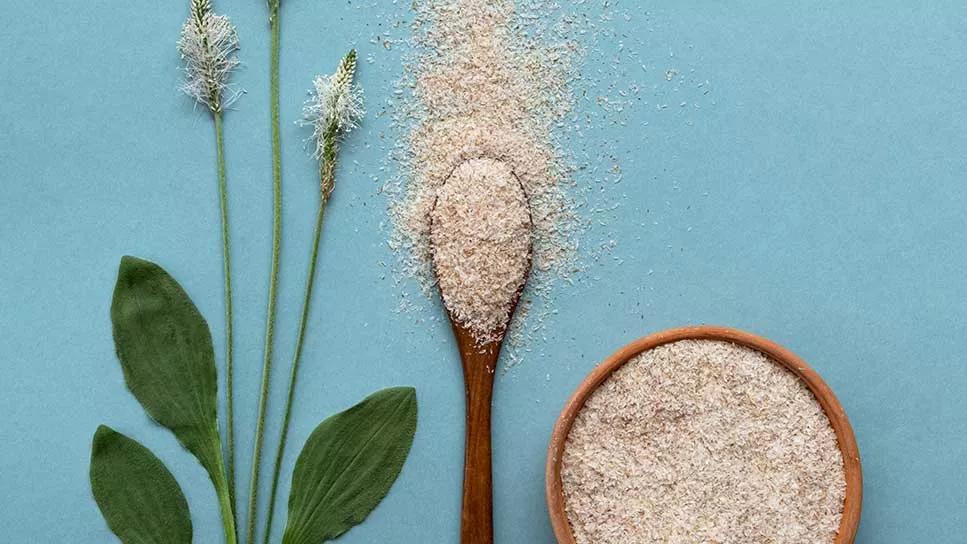
Constipated? Eat more fiber.
Advertisement
Cleveland Clinic is a non-profit academic medical center. Advertising on our site helps support our mission. We do not endorse non-Cleveland Clinic products or services. Policy
Wanting to improve your IBS symptoms? Eat more fiber.
Trying to manage your diabetes? Eat more fiber.
Looking to lower your LDL cholesterol? Eat more fiber.
You’ve probably heard the phrase, “Eat more fiber” more than you’d like. But there’s good reason it’s a popular refrain. Fiber does all kinds of great things in your body.
And you may have heard about psyllium husk, a type of soluble fiber. It’s been getting a lot of hype when it comes to weight loss (some have called it the “poor man’s Ozempic®” or “natural Ozempic”).
So, what does psyllium husk do?
Registered dietitian Julia Zumpano, RD, LD, explains the benefits of psyllium husk and if it will actually help you lose weight.
Native to India, psyllium is a seed — and psyllium husk is the outer covering of psyllium.
“It’s a soluble fiber, therefore, it absorbs water to form a gel that can be used in baking or as a supplement,” explains Zumpano.
Advertisement
You can typically find psyllium husk in fiber supplements like Metamucil®. And you can find psyllium husk powder and psyllium husk capsules or pills.
You may be wondering: Is psyllium husk gluten-free?
Yes, says Zumpano.
“It can be added to drinks or foods to help increase fiber intake,” she adds. “It can be used as a gum in gluten-free baked goods.”
And psyllium husk can be gentler on your digestive system than stimulant or osmotic laxatives. It doesn’t cause your intestines to contract or use water to soften your stool. It works by increasing the weight of your stool, which helps trigger a bowel movement.
Psyllium husk comes with a few health benefits like:
Psyllium husk also has some prebiotic qualities.
“Although psyllium is resistant to fermentation, gut bacteria can ferment a small amount of psyllium, which creates short-chain fatty acids including butyrate which has some health benefits,” she adds.
It can.
“Fiber can keep you fuller longer and sooner, which can lead to decreased appetite and overall intake,” explains Zumpano. “It also aids in regular bowel movements, which can support weight loss and management.”
So, what about the claim that it’s just as good as weight-loss drugs like Ozempic?
“We don’t have any clinical trials that compared the two, but psyllium husk can support weight loss but not to the extent of a medication has potential to,” clarifies Zumpano. “They work differently in the body.”
Psyllium husk is considered very safe, reassures Zumpano.
So, how much psyllium husk per day should you use?
“Start at a small dose, about 1 teaspoon, and increase slowly,” she advises. “And make sure you’re drinking plenty of water.”
You can advance to taking 1 tablespoon three times per day, with the goal of having soft-formed stool bowel movements one to two times a day.
But Zumpano warns that people with a sensitive GI system should proceed with caution. While safe, you may experience some psyllium husk side effects like:
Advertisement
Zumpano says it’s best to talk to your healthcare provider before starting a supplement like psyllium husk. And know that supplements and vitamins aren’t regulated by the U.S. Food and Drug Administration (FDA), so you want to do your homework and research before buying a specific brand. Look for options that have been tested by third-party organizations like U.S. Pharmacopeia (USP) or NSF International.
Zumpano recommends giving psyllium husk a try, especially if you have constipation, are looking to manage your diabetes or lower your cholesterol.
And when it comes to psyllium husk and weight loss, know that it’s not a magic ingredient.
But using psyllium husk to make sure you have enough fiber in your diet can be a good move.
“Fiber in general is very helpful for overall health,” she says. “And this is a great way to increase your overall fiber intake.”
Advertisement
Learn more about our editorial process.
Advertisement
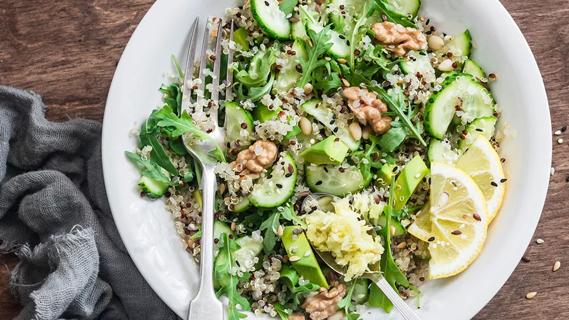
Ground flaxseed is full of heart-healthy omega-3s, antioxidants and fiber, and easy to add to just about any recipe

From meat to beans, we’ve got some ideas to help you create the perfect-for-you chili recipe
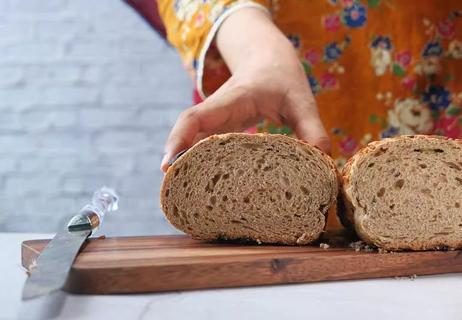
Made from sprouted whole grains and legumes, it’s low calorie and full of fiber and protein
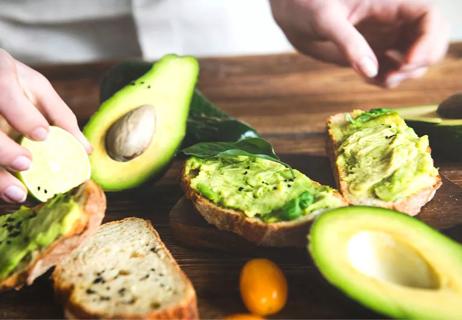
This glorious green superfood is full of vitamins, minerals and lots of other good stuff
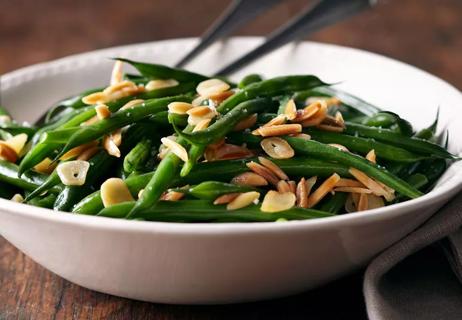
This classic veggie can boost your heart health, help with digestion, fight off hunger and more

From staying hydrated to staying on schedule, these tips can help you stay regular on-the-go
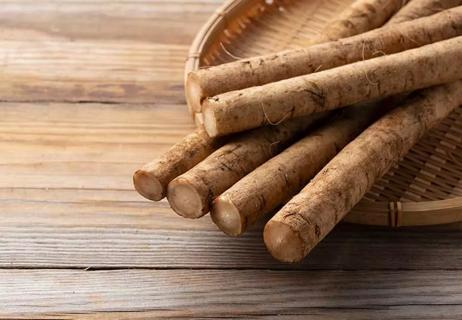
Getting your nutrition from your food is a safer route

Focus on your body’s metabolic set point by eating healthy foods, making exercise a part of your routine and reducing stress

PFAS chemicals may make life easier — but they aren’t always so easy on the human body

While there’s little risk in trying this hair care treatment, there isn’t much science to back up the claims